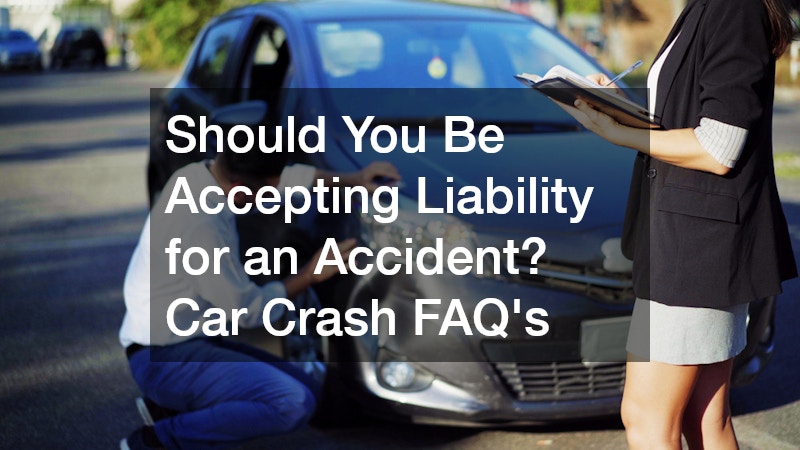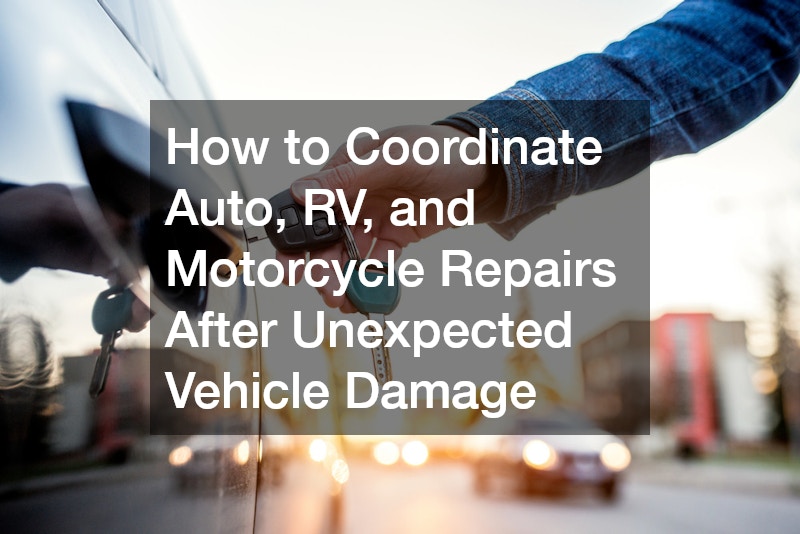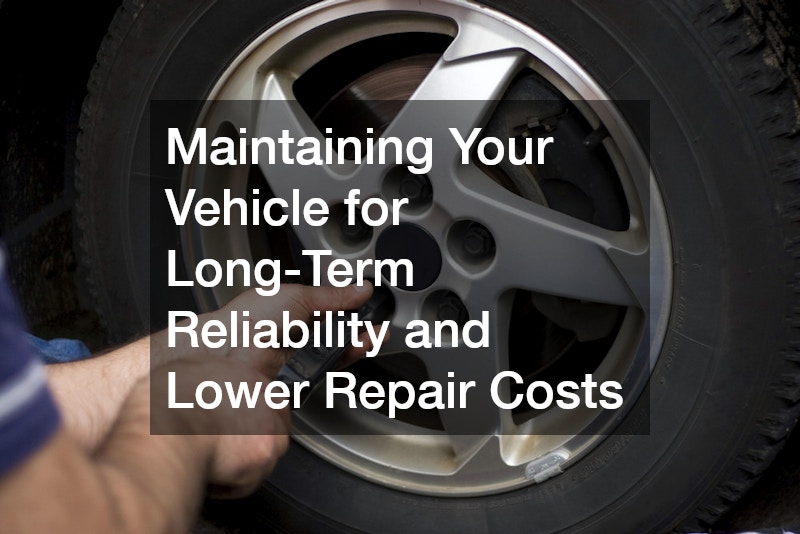Car accidents can happen in an instant, yet the consequences can last for years—both emotionally and financially. One of the most critical decisions you may face after a collision is whether to begin accepting liability for an accident. This choice carries significant implications for insurance claims, legal outcomes, and your financial well-being. Many drivers feel pressured to apologize or admit fault at the scene, but doing so prematurely can jeopardize your rights and make recovery more difficult. Understanding what liability truly means and how it’s determined is essential before you make any statements or sign any documents.
The process of accepting liability for an accident involves more than just saying “it was my fault.” It’s a legal acknowledgment that you are responsible for causing the incident and any resulting damages. However, establishing fault isn’t always straightforward—factors like weather, road conditions, or shared responsibility often complicate matters. This article explores ten common questions about liability after a car crash, helping you navigate the aftermath with clarity and confidence. Whether you’re working with a car accident lawyer, dealing with car repair shops, or considering advice from a personal injury law firm, knowing when and how to accept liability can protect you from costly mistakes and ensure a fair resolution.
1. What Does Accepting Liability Mean?
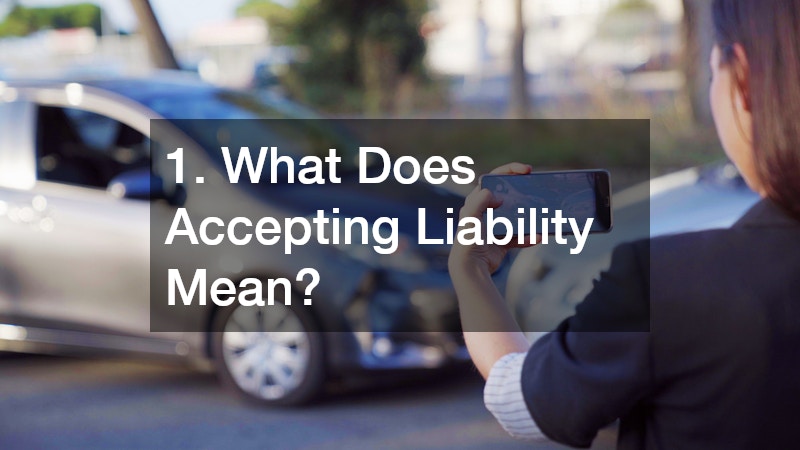
At its core, accepting liability for an accident means taking legal responsibility for causing the collision and the damages that resulted. This can include property damage, medical expenses, and emotional suffering experienced by other parties. Once you accept liability, you essentially agree to compensate those affected, either directly or through your insurance coverage. It’s a binding statement—one that insurance companies and courts use to determine who pays for what.
However, it’s important to note that liability can be shared. In some cases, both drivers may be partially responsible, which can affect the amount of compensation each party receives. Before accepting fault, it’s crucial to review all available evidence, including police reports, witness statements, and photos from the scene. Businesses like junk car recycling services often handle totaled vehicles after severe accidents, serving as a reminder that even minor admissions of guilt can have long-term financial repercussions.
The decision to accept liability should never be made impulsively. Instead, it should come after a thorough investigation and consultation with professionals who understand how fault is assigned. Acting too quickly could expose you to unnecessary costs or even legal claims that may have been avoidable.
2. Should You Admit Fault at the Scene of an Accident?
After an accident, emotions run high, and it’s natural to feel remorse or the urge to apologize. However, admitting fault at the scene—even casually—can be a serious mistake. You should never verbally or in writing begin accepting liability for an accident before all facts are known. Statements made in the heat of the moment can be misinterpreted and later used against you in court or insurance proceedings.
Instead, focus on ensuring everyone’s safety, calling emergency services, and exchanging information with the other driver. Allow the police to document the scene and create an official report. A car accident lawyer can later review that report and help interpret what it means for your case.
Even if you believe you may have caused the crash, it’s best to let investigators and insurers reach their conclusions. There may be factors you’re unaware of—like the other driver’s distraction, vehicle malfunction, or road hazards—that contributed to the collision. Maintaining composure and refraining from admissions of guilt protects your rights while ensuring the facts are assessed objectively.
3. How Is Liability Determined in a Car Accident?
Determining liability in a car accident involves collecting and analyzing evidence to establish who was responsible for the incident. Police officers, insurance adjusters, and legal representatives all play roles in this process. They look at factors such as traffic laws, road conditions, driver behavior, and witness statements to assign fault.
Photos, dashcam footage, and surveillance recordings can also be instrumental in determining responsibility. Sometimes, even vehicle damage patterns can reveal how the crash occurred. Accepting liability for an accident before this analysis is complete can put you at a disadvantage, especially if the evidence later shows that fault was shared or entirely on the other driver.
In many cases, car repair shops provide estimates that can help determine the extent of damage and, by extension, the severity and direction of impact—details that influence liability findings. Being transparent and cooperative with investigators is crucial, but so is waiting for all information before making formal statements.
4. Can You Change Your Statement After an Accident?
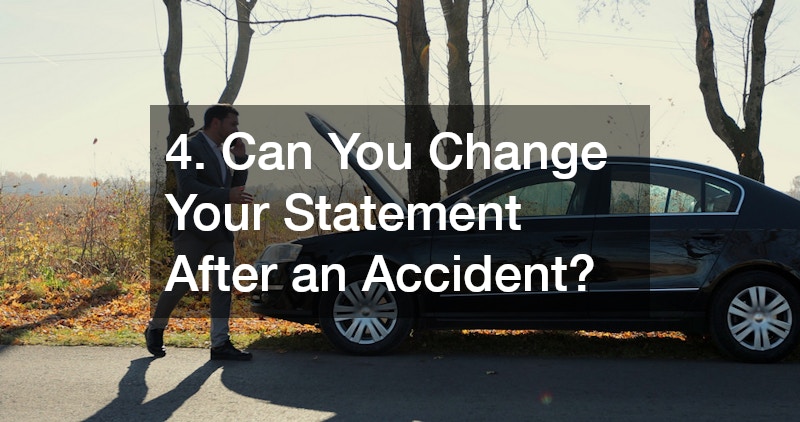
If you’ve made a statement admitting fault too soon, you might wonder if it can be changed later. In some cases, yes—but it can be complicated. Insurance companies and law enforcement view initial statements as credible, which makes it challenging to retract or modify them. That’s why accepting liability for an accident should only happen after you’ve consulted with a personal injury law firm or a qualified attorney.
If new evidence emerges—like video footage or an eyewitness account—it may justify revisiting your statement. A skilled attorney can help file the appropriate documentation and communicate with insurers to clarify your position. However, repeatedly changing your story can hurt your credibility, so it’s best to provide cautious, factual information from the start.
Honesty is important, but so is accuracy. You’re not required to speculate or accept blame for something that hasn’t been fully investigated. Always protect your legal standing by seeking guidance before signing or saying anything that could be construed as accepting fault.
5. How Does Accepting Liability Impact Your Insurance Premiums?
One of the most direct consequences of accepting liability for an accident is the impact it can have on your insurance premiums. Once you’re determined to be at fault, your insurer may view you as a higher-risk driver, resulting in increased rates. These hikes can last for several years, significantly affecting your financial stability.
In some cases, if the accident involved reckless behavior or substance use, your insurer could even cancel your policy altogether. This is where consulting a drunk driving attorney or insurance specialist becomes crucial. They can help mitigate the damage by negotiating settlements or exploring ways to reduce penalties.
Additionally, accepting liability could affect your eligibility for safe-driver discounts and bonuses. Some insurers offer accident forgiveness programs, but these are typically reserved for first-time incidents. Before admitting fault, carefully evaluate how doing so could influence your long-term insurance costs.
6. What Are the Alternatives to Accepting Liability?
You might be surprised to learn that accepting liability for an accident is not your only option. In fact, there are alternatives that can help protect your interests while ensuring fairness. For instance, you can request an independent investigation or mediation before making any admissions. You can also rely on your insurer to handle communications and negotiate on your behalf.
Hiring a truck accident attorney can be especially beneficial if multiple vehicles or commercial drivers were involved. These cases often include complex liability questions and higher damage claims. A lawyer can help ensure that any acceptance of fault is based on verified evidence and not assumptions or pressure from other parties.
In some cases, partial liability may apply, meaning both drivers share responsibility. This scenario allows for proportional compensation rather than full liability. Exploring these alternatives before accepting full responsibility ensures you reach a fair and legally sound outcome.
7. What Role Does Fault Play in a No-Fault State?
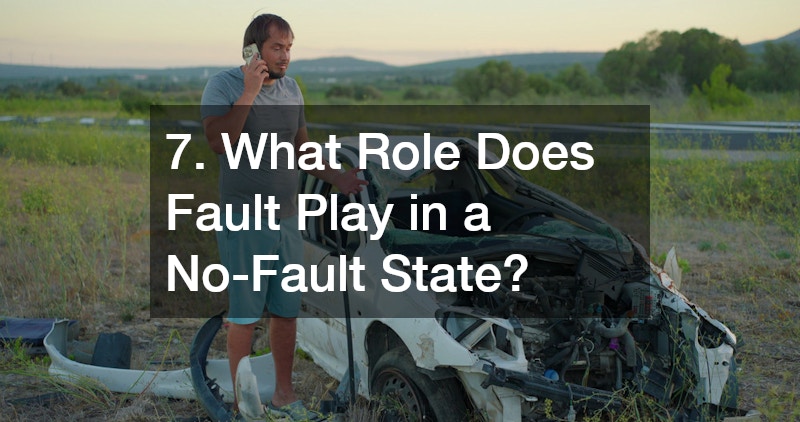
In no-fault insurance states, drivers typically rely on their own insurance policies to cover medical expenses and damages, regardless of who caused the accident. However, that doesn’t mean accepting liability for an accident is irrelevant. In severe cases—such as those involving significant injuries or property damage—fault can still influence claims and lawsuits.
A tow truck company often arrives first at the scene of serious accidents, helping to clear vehicles and sometimes documenting important details about the crash. These records can become useful later when determining if fault should override the no-fault policy limits.
Even in no-fault systems, accepting liability prematurely can still affect your financial responsibilities, especially if litigation occurs. Understanding your state’s insurance structure and consulting with a legal expert ensures that you navigate the aftermath correctly.
8. Should You Seek Legal Advice After a Car Accident?
Yes—absolutely. Seeking legal advice after a car accident is one of the most important steps you can take. A qualified attorney can help you understand your rights, negotiate with insurers, and prevent you from mistakenly accepting liability for an accident without full context.
A local auto repair business can fix your vehicle, but only a lawyer can protect your financial and legal future. Attorneys specializing in personal injury and accident law can evaluate police reports, witness statements, and medical records to establish an accurate narrative. They can also represent you in communications with insurers, ensuring that your statements are clear, consistent, and factual.
Having legal representation not only provides peace of mind but also ensures that your case is handled professionally from start to finish. Even minor accidents can escalate into complex legal battles, so it’s best to have an advocate by your side early on.
9. What Are the Potential Financial Consequences of Accepting Liability?
The financial consequences of accepting liability for an accident can extend far beyond immediate repair costs. Once you’re found at fault, you may be responsible for property damage, medical bills, and lost wages of the other party. Depending on the severity of the crash, these expenses can total thousands—or even tens of thousands—of dollars. In addition to covering tangible losses, you might also be liable for less obvious costs such as rental car expenses for the other party, ongoing medical treatments, or rehabilitation services, all of which can accumulate rapidly.
Moreover, your insurance company might increase premiums or limit future coverage options. A significant claim could place you in a higher risk category, affecting your rates for several years. If your policy doesn’t fully cover the damages, you could face out-of-pocket expenses or even legal judgments. This underscores the importance of consulting automobile accident lawyers early in the process. Experienced legal professionals can assess the situation, advise on risk mitigation strategies, and negotiate with insurers or opposing parties to reduce your financial exposure.
In some cases, structured settlements or mediation can significantly ease the financial burden by spreading payments over time or reducing total liability. However, these solutions are only viable if the situation has been handled carefully from the outset. Acting impulsively, making apologies, or prematurely admitting fault can close doors to negotiation, leaving you responsible for the full cost. Thoughtful, strategic decisions following an accident not only safeguard your financial future but also preserve your ability to resolve disputes fairly and effectively.
10. How to Collect Evidence to Support Your Case
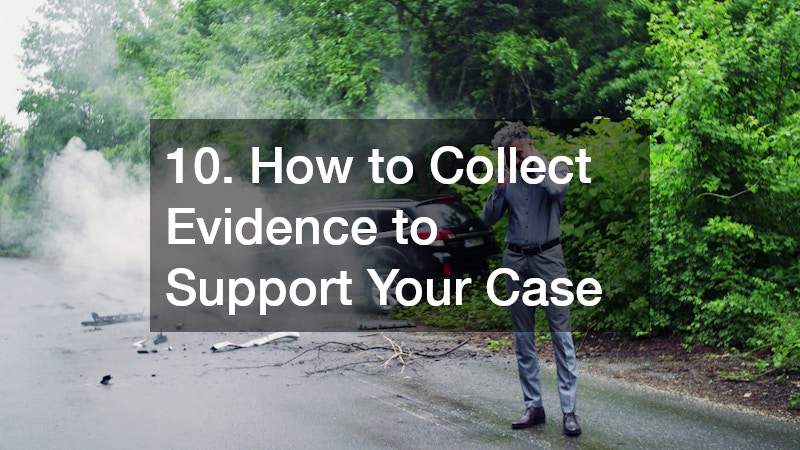
Evidence is the cornerstone of any accident investigation. Gathering accurate and timely information can be the difference between fairly resolving a claim and unfairly accepting liability for an accident. Start by taking photos and videos of the scene, including vehicle damage, road conditions, and traffic signs. Exchange contact details with witnesses and request a copy of the police report as soon as it’s available.
An auto repair company can also provide detailed repair estimates and documentation that serve as valuable evidence. Keeping medical records, receipts, and communication logs with insurance representatives will strengthen your position.
If you’re unable to collect evidence immediately after the crash, consider hiring an investigator or working with an attorney who can reconstruct the scene. The stronger your evidence, the less likely you are to be pressured into unfairly accepting fault.
Deciding whether you should be accepting liability for an accident is a serious and complex matter that requires thoughtful consideration. From insurance implications to financial risks, every decision made after a crash can have lasting effects. The key takeaway is to remain calm, gather evidence, and consult professionals before making any admissions.
Whether you’re working with car accident lawyers, auto repair experts, or insurance adjusters, informed decision-making is your greatest defense. Accepting liability should only come after understanding the facts, your rights, and the long-term consequences. By taking a measured, informed approach, you protect both your finances and your future.
